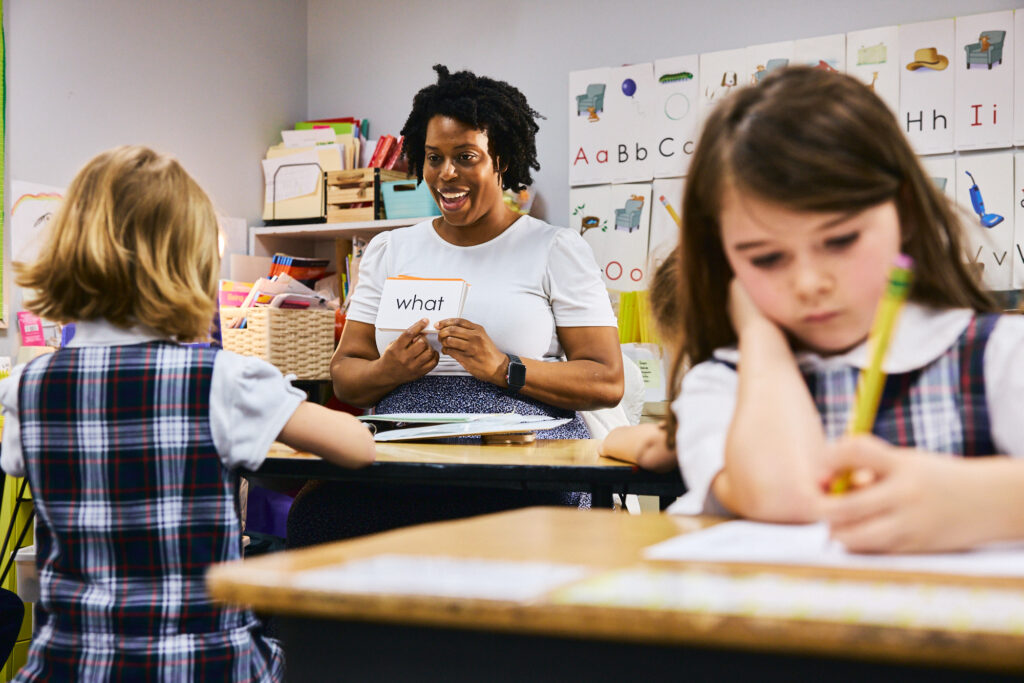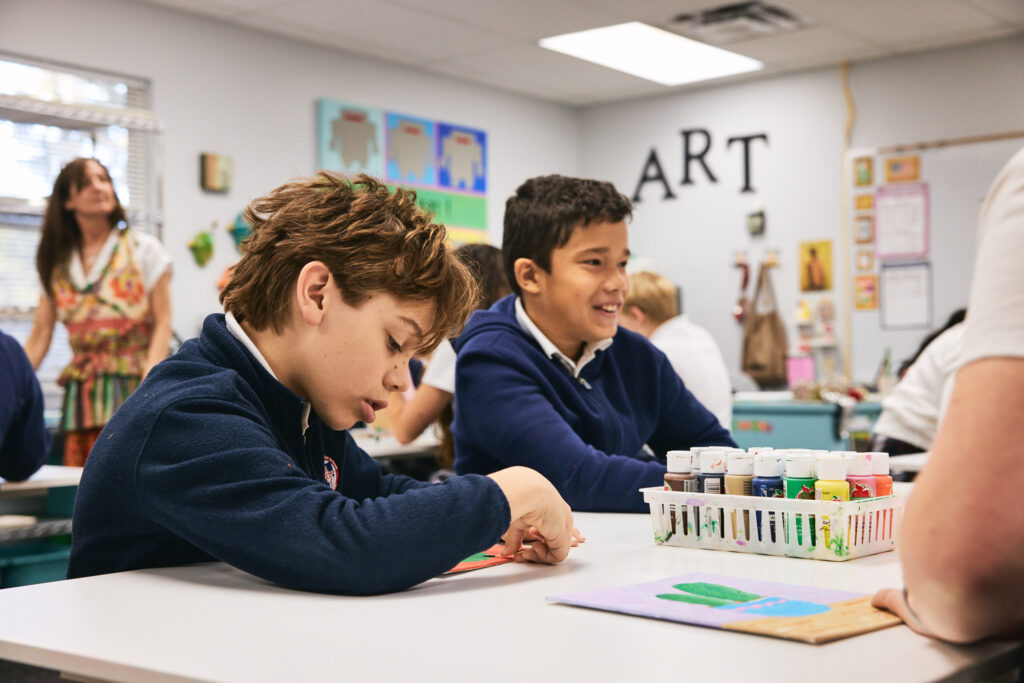Kindergarten through 6th Grade

The elementary years are a time for growing, changing, and learning. Our goal is to provide a setting where every student can learn, and each person is respected, valued, and challenged. We celebrate diversity and the uniqueness of each individual. Working together, students, teachers, and parents make the school an exemplary environment for learning.
Curriculum Guides








